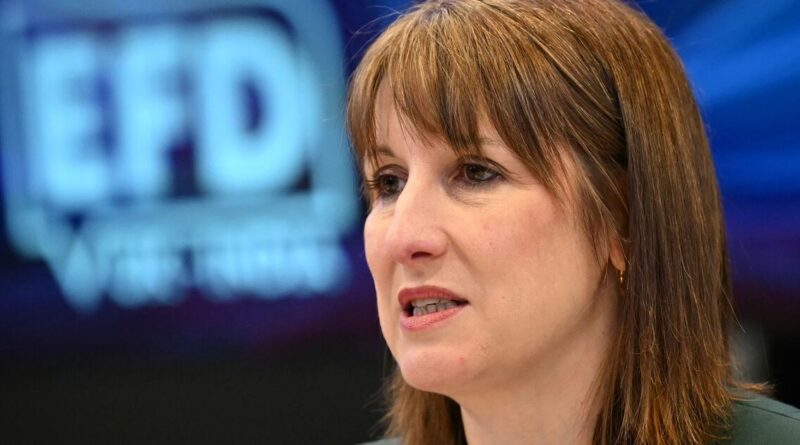‘Cash ISA savers don’t want risks’ Rachel Reeves alternative | Personal Finance | Finance
Earlier this month, the Chancellor confirmed that the government is considering changes to the Cash ISA system, which currently allows Brits to save money with tax-free interest.
She suggested that any changes would likely aim to encourage people to invest their money rather than simply saving it.
Speculation suggests that she may choose to do this by reducing the annual deposit limit for cash ISAs from £20,000 to £4,000. With 18 million cash ISA accounts potentially affected, Money Box podcast host Paul Lewis discussed the issue with Andrew Gall, the head of savings and economics at the Building Society Association.
Gall urged the Chancellor to consider a different approach: “Our research shows that 90% of cash ISA savers don’t want to take risks with their money.
“We think that rather than restricting consumers’ choice, it would be better to inform and educate savers about the pros and cons of investments so they understand the risks involved.”
He also noted that encouraging people to switch from cash ISAs to stocks and shares ISAs might not necessarily result in them investing directly in the UK economy.
He pointed out that only around 11% of these funds contain UK equities.
Andrew shed light on the potential ripple effects of changes in the financial sector, particularly how they might unexpectedly impact the housing market.
He clarified what happens to the funds deposited into cash ISAs: “The money is not just sitting in a vault.
“It’s used by building societies and banks to fund loans for houses and businesses. For building societies it’s used to support mortgage lending especially to first time buyers. If there is a reduction in ISA limits it could make loans more expensive and harder to come by.”
With cash ISAs reportedly costing the UK economy £9.4billion due to their tax-free status, Andrew pointed out that this money generally circulates back into the economy.
He stated: “That money goes to consumers who spend the money and boost the economy that way.”
Despite recent anxieties among savers about possible reforms being announced or implemented during the spring statement or the new tax year, Andrew suggests there’s no immediate cause for concern.
He reassured: “It would take some time and there would be some consultation and impact assessment to show how growth in the economy would be affected.”





